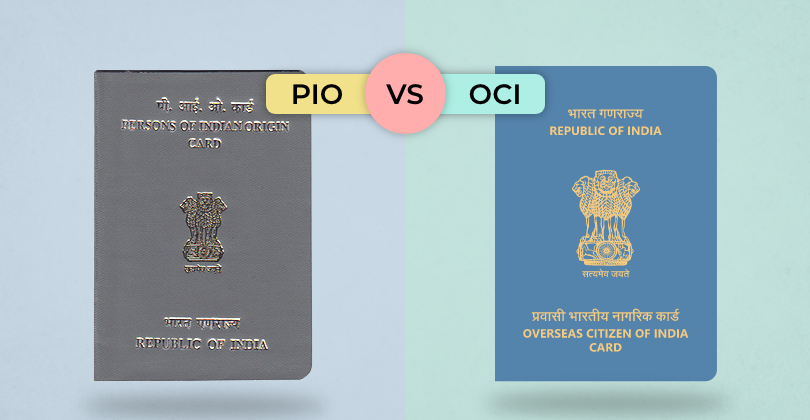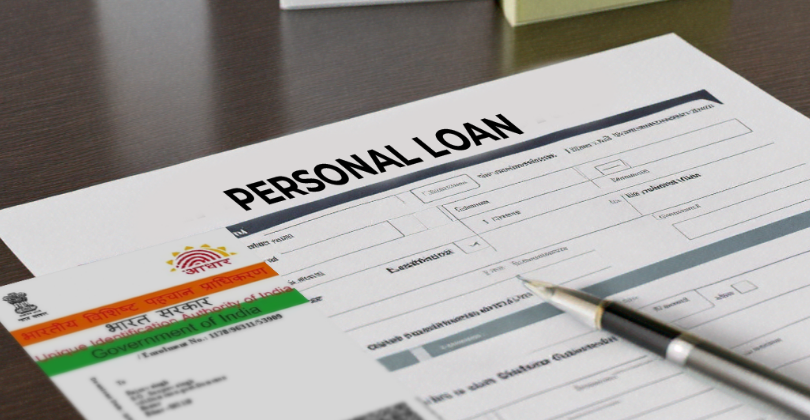Are you of Indian origin and living abroad? You've probably come across terms like PIO and OCI. These cards offer different benefits, but it can
An emergency fund serves as a crucial financial safety net, providing a cushion during unexpected situations. While it's ideal to keep this fund untouched for true emergencies, there are certain scenarios where utilising your emergency fund becomes a prudent choice. Life is unpredictable, and having a solid reason to tap into your emergency fund can help you navigate challenging times without jeopardising your financial well-being.
In this article, we will explore some compelling reasons that justify the use of your emergency fund, helping you understand when and how to effectively utilise this financial resource. By understanding these situations, you can make informed decisions and ensure the stability and security of your overall financial picture.
Reasons to Use Your Emergency Funds
An emergency fund is crucial to your financial planning. You must have an emergency fund ready, as you might need some funds during an emergency.
However, if you recklessly pool into your emergency funds, you can end up in a non-stop cycle of dependence on credit cards that can drain your bank account. It disrupts your financial stability and prevents you from accessing funds when real emergencies arrive.
It's advisable to apply for a personal loan for an emergency instead of tapping into your emergency funds. However, there may be times when you have no choice but to access your emergency funds, such as
Job Loss
A job loss is one situation in which it can be wise to use your emergency fund. Your ability to generate income is what determines your entire financial situation. You may need to use your emergency funds to cover your mortgage, car payment, energy bill, etc.
Unexpected Expenses
Another important reason to have an emergency fund is to handle unexpected expenses that may arise. Even though some of these situations might be covered by insurance, having your emergency fund can help you cover deductibles or immediate costs while waiting for insurance reimbursement. Examples of such unexpected expenses include medical bills, home repairs, car repairs, and other unforeseen financial obligations. By having an adequately funded emergency fund, you can navigate these unexpected expenses with ease, ensuring that your financial stability remains intact.
Home Repairs or Car Trouble
Unexpected repairs to your home or vehicle can be costly. Having funds readily available in your emergency fund can provide financial relief and ensure that you can address these urgent repairs without incurring significant debt.
Natural Disasters
In the event of a natural disaster such as a flood, hurricane, or earthquake, your emergency fund can be a lifeline. It can help you cover immediate evacuation costs, temporary accommodations, or repairs to damaged property not covered by insurance.
Family Emergencies
Sometimes unforeseen circumstances can arise within your family, such as supporting a loved one during a crisis or providing financial assistance in times of need. Your emergency fund can offer the necessary financial support to help your family through challenging situations.
Unexpected Travel
Certain situations may require immediate travel, such as a family emergency or attending a funeral. Accessing your emergency fund can provide the means to cover travel expenses without disrupting your regular budget.
When Not to Use an Emergency Fund
While an emergency fund is designed to provide financial support during unexpected situations, there are instances when it's not advisable to use it. First, avoid using your emergency fund for non-essential or discretionary expenses, like vacations or luxury purchases. Additionally, try not to tap into the fund for predictable or recurring expenses such as monthly bills or planned events.
It's important to maintain the integrity of your emergency fund for genuine emergencies, preserving its purpose as a safety net for unforeseen circumstances. By exercising discretion and discipline, you can ensure that your emergency fund remains available when it's truly needed, providing the financial security it was intended for.
Rebuilding Your Emergency Fund
It's crucial to have a strategy to replenish your emergency funds once you've used it all. If you do this, you'll avoid running out of funds the next time an emergency arises. A monthly automatic transfer into your emergency fund can be a good idea until it is renewed.
Platforms such as KreditBee offer quick and easy disbursal of personal loans in a matter of minutes. Their loan application process is online, making it highly convenient and hassle-free. The whole idea of applying for a personal loan during an emergency is to get quick access to funds. Personal loans can be used for any unexpected expenses that savings or other income sources cannot meet. You can use personal loans to access funds and pay unavoidable and urgent expenses instantly.
Who is Eligible for Personal Loans for Emergencies?
Anyone who needs immediate funds can apply for personal loans to be able to meet urgent expenses. However, the eligibility criteria may vary based on different lenders. You can also select a loan tenure that best suits your repayment capacity. The loan disbursement happens within minutes in a convenient and hassle-free manner.
Final thoughts
A personal loan for an emergency is beneficial for navigating through unavoidable circumstances. It takes hard work and discipline to build a financial safety net. Before you withdraw from your emergency fund, explore alternative sources. KreditBee is one of the best options that offer personal loans instantly, which can help you take charge of your finances.
AUTHOR
KreditBee As a market leader in the Fintech industry, we strive to bring you the best information to help you manage finances better. These blogs aim to make complicated monetary matters a whole lot simpler.







